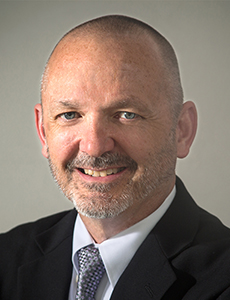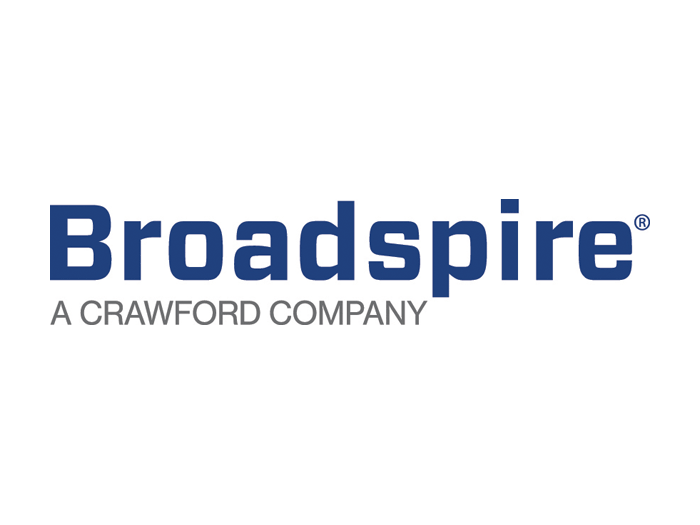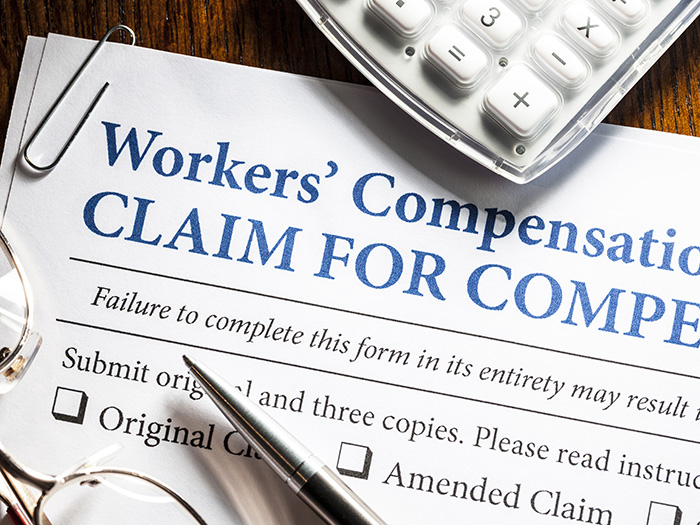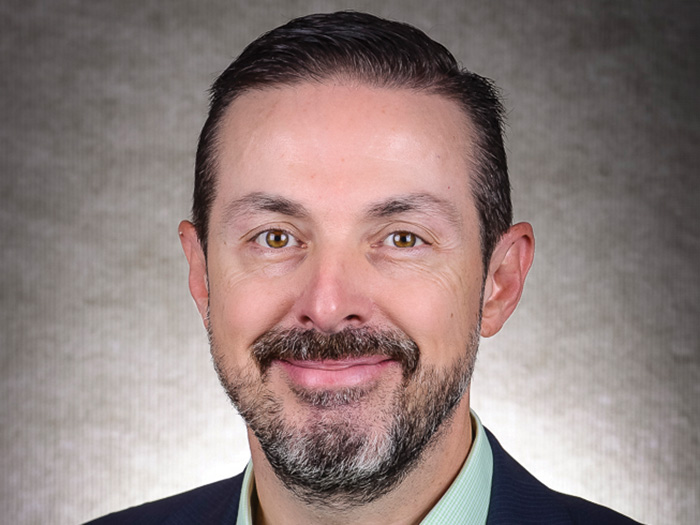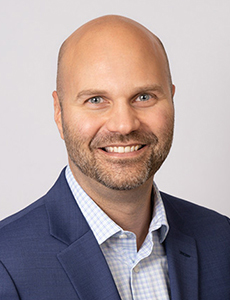Early Intervention for Musculoskeletal Injuries Is a Must. Is Your Ergonomics Program Doing Just That?

On Tuesday, May 4, 2021, as part of a National Ergo Conference virtual session, Jim Withers, corporate HSE director, American Packaging Corporation and Curt DeWeese, director, Atlas Injury Prevention Solutions, will be presenting their insights on “Telephonic Nurse Triage and Early Intervention: Strategies to Help the Safety Manager Control Recordable MSDs.”
By working closely with site safety managers, American Packaging Corporation utilized a successful scaled, onsite early-intervention program for musculoskeletal disorders (MSDs).
Through their efforts with Atlas Injury Prevention, American Packaging found that by adding telephonic nurse triage with registered nurses and by offering an OSHA-accepted clinic for early intervention first-aid care, the company was able to resolve MSD concerns without additional costly medical care.
During their upcoming presentation, DeWeese and Withers will highlight how American Packaging recognized a need to have a more formalized, robust approach to addressing musculoskeletal disorders.
“This approach focused on increasing employee awareness of the need to report ‘aches and pains,’ and on having regular on-site surveillance visits by our Atlas provider,” Withers said.
“A typical example of why this new approach was needed was when an employee would have a sore muscle from either a work or home activity and go directly to their primary care physician. They would receive a muscle relaxant, a pain killer and a prescription for physical therapy – any of these three interventions making the incident one that is OSHA recordable.”
However, as Withers explained, if this employee’s MSD ailment had been reported to the local environment, health and safety (EHS) person, the employee would have been connected with the site’s Atlas provider who would do an assessment and then devise a care plan.
In all cases, it is vital for a medically qualified individual to first assess an employee’s discomfort correctly and determine the proper course of action. In many situations, employee MSD discomfort can be addressed with traditional first aid.
“In many cases this would involve first-aid level interventions that may get the employee on their way to recovery with no formal medical treatment being needed and therefore making this not recordable given OSHA definitions,” Withers said.
Early Intervention Is Key
So why is this early intervention telephonic methodology an important one to address? It comes down to intervening quickly and efficiently to determine the appropriate approach to take in assisting an employee with MSD issues.
Currently nurse triage for American Packaging Corporation employees is available 24/7, whereas the onsite early intervention provider is available only a few times per month.
“There is an additional process whereby certain MSD concerns that can wait to be seen within 24 hours are referred into the early intervention program instead of to formal medical care,” DeWeese said.
“The availability of nurse triage provides medically trained guidance for the site supervisor or safety manager in making decisions about the appropriate level of care when concerns arise.”
As DeWeese explained, most MSDs, when caught early, resolve with ice, stretching and over-the-counter medicines, and do not require a visit to a doctor, urgent care or emergency room. When massage, non-rigid splinting and job-task coaching are added, more than 90% of these early concerns resolve without formal medical care.
“This is important for companies and RMs to understand as it is a primary way to decrease MSD workers’ compensation claims and their associated costs and lost time,” DeWeese said.
In addition, as Withers noted, this “early intervention” mode of treatment helps a company’s safety performance in that it potentially will reduce the likelihood of the event becoming recordable.
What’s more, triage telephone contact with a registered nurse also initiates the timely use of ice and over-the-counter anti-inflammatories, removes care decisions from supervisors and provides employees with the immediate care recommendations they need.
Depending on the severity of a case, an employee certainly may need face-to-face assessment for hands-on evaluation, but the telephonic nurse triage can be a cost-effective means of helping control MSD claims.
In its efforts, American Packaging Corporation also has established a strong working relationship with site safety managers, which has helped contain the progression of concerns.
“There is a very strong safety focus at the corporate and site level,” DeWeese said. American Packaging Corp.’s EHS team meets formally on a weekly basis and conducts a review of ongoing MSD cases is a standing agenda item.
“The Atlas service provider is an embedded partner in preventing MSD injuries and managing concerns quickly when they arise,” Withers said.
“There is strong communication established verbally and through documentation in the AtlasWork software platform.” This cooperation is especially valuable for when ergonomic or process changes are suggested to decrease musculoskeletal stressors.
Mistakes to Avoid
Throughout his 30 years of experience, DeWeese has worked to prevent and treat work-related musculoskeletal injuries and designed programs for job demand and ergonomic analysis of proper ergonomic equipment use and training.
One of the key issues he’s seen other companies make as it relates to properly preventing and handling MSD issues is knowing how to place an appropriate “speed bump” in the decision-making process for medical care.
According to DeWeese, minor musculoskeletal discomfort seldom requires formal medical care. “However, every employee concern needs to be heard and assessed for proper intervention,” DeWeese said.
“But as we will explain during our presentation, early intervention services also need to be tailored to meet the company’s needs.”
Not every employer needs or can afford a full-time onsite resource. Therefore, based on headcount, shift schedule and scope of service, an early intervention program should to be specifically established to meet those needs as cost effectively as possible.
“Desmond Tutu is credited with saying, ‘There comes a point where we need to stop just pulling people out of the river. We need to go upstream and find out why they’re falling in.'”
“I would only add that we not only find out, but also stop, why they are falling in,” DeWeese said.
“When we perform early assessment of musculoskeletal disorder concerns – when the issue is at a state of fatigue, heaviness or soreness – and provide care per the OSHA first-aid guidelines, we prevent progression of that concern from becoming a full-blown injury needing formal medical care.” &
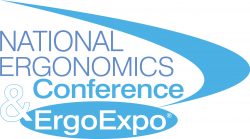 National Ergonomics Conference and ErgoExpo is back and planning an exciting program for 2021. We’re eager to bring everyone together to share the tools and ideas that will move our community forward through the challenging times ahead.
National Ergonomics Conference and ErgoExpo is back and planning an exciting program for 2021. We’re eager to bring everyone together to share the tools and ideas that will move our community forward through the challenging times ahead.
We’re eager to get face-to-face with our friends and peers again — safely in our Vegas home at the Paris Hotel, November, 2-5, 2021. We’re currently building an exciting program for the show and look forward to seeing everyone in-person while still adhering to all safety protocols set forth by local and national health authorities at the time of the event.
The National Ergonomics Conference is proud to continue to offer thought-provoking ideas and tangible tools and strategies to help ergonomic and safety professionals improve productivity, product quality and profitability while reducing workplace injuries. This year, we’ll feature five tracks — program management, office ergonomics, advances in ergonomics technologies, industrial ergonomics and safety, and health care ergonomics, aging and wellness.
In the meantime, we’ll continue bringing you free virtual, educational content through our digital sessions series. Register today so that you never miss a session and check out our ever-growing library of on-demand sessions today!


